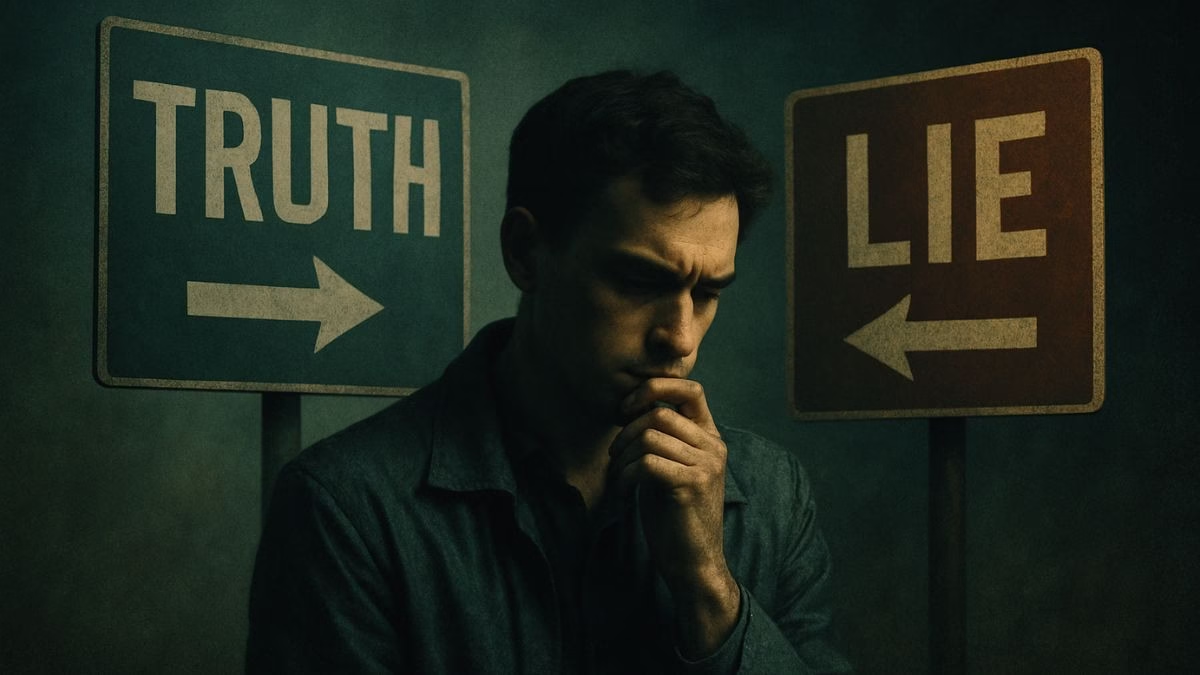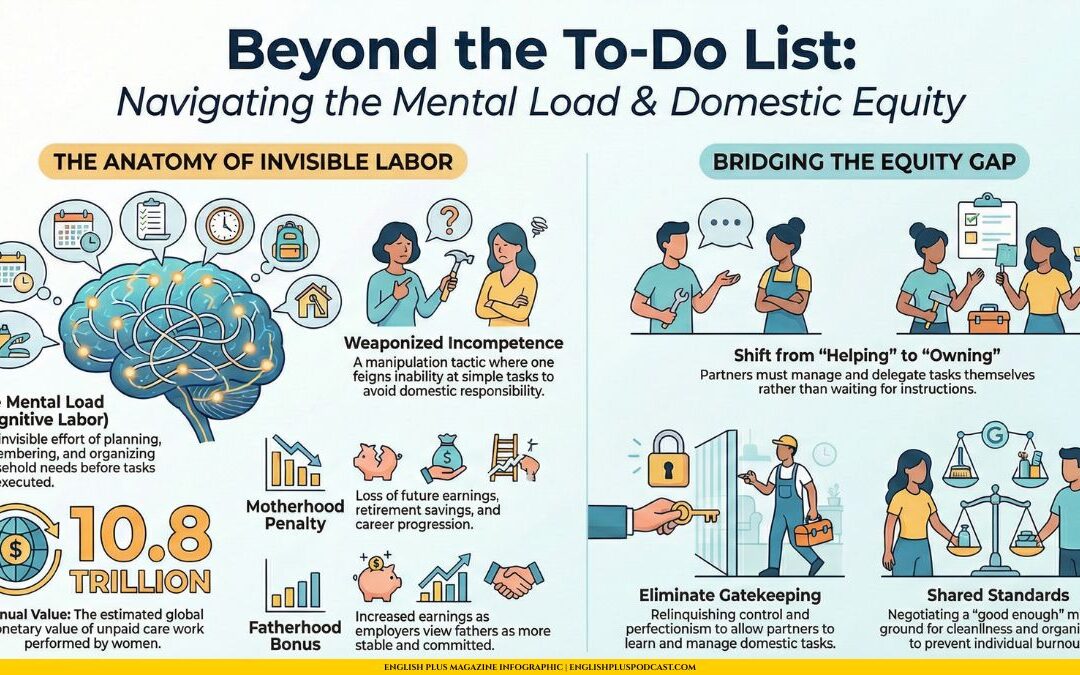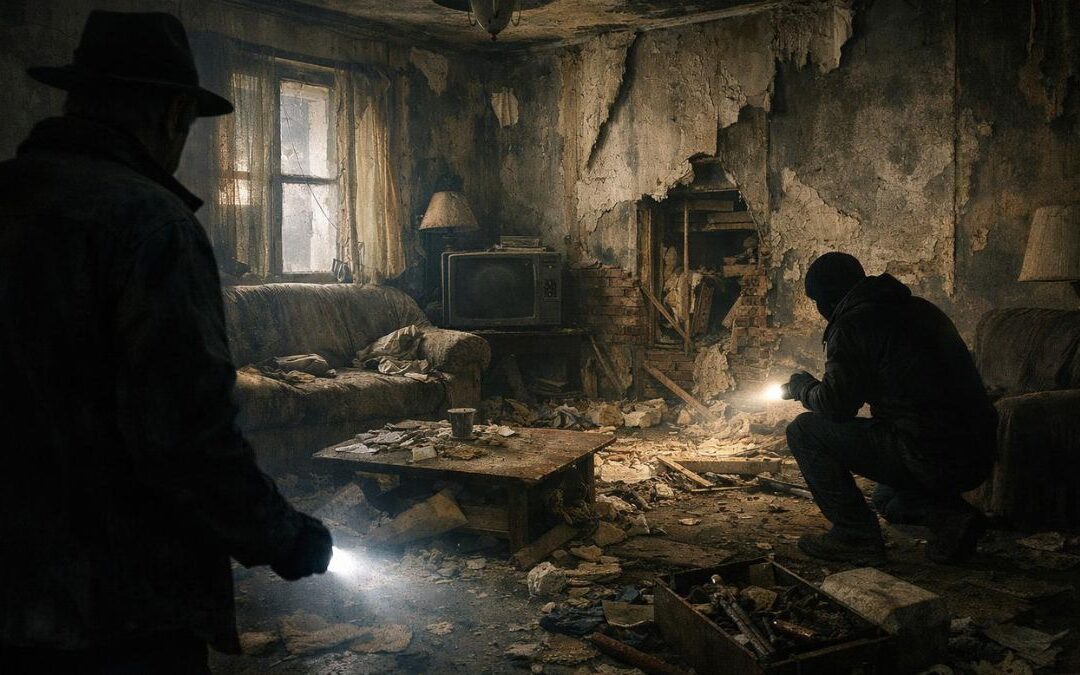Imagine this: your best friend is hiding in your attic. A frantic, terrifying knock rattles your front door. You open it to find a wild-eyed person holding an axe, who asks, “Is your friend here? I’m going to hurt them.” What do you say? The truth? Or a lie? I’m guessing you’d lie without a second thought. You’d lie your face off, and you’d be a hero for it. And yet, from the moment we’re old enough to speak, we’re taught one simple, unshakeable rule: don’t lie. It’s bad. It’s wrong. But as we just discovered, it’s also… complicated. This is where we step into the foggy, fascinating moral maze of the ethics of lying, a place where good intentions and dishonest words get tangled up in the very fabric of what it means to be human.
The All-or-Nothing Approach (And Why It’s a Little Scary)
Let’s start with the hardliners. There was this brilliant, and famously rigid, philosopher named Immanuel Kant.1 He believed that some rules are absolute. Universal. He called this the “Categorical Imperative,” which is just a fancy way of saying if something is wrong, it’s wrong all the time, for everyone, in every situation. No exceptions. So, for Kant, lying isn’t just a bad choice; it’s a fundamental violation of moral law. He argued that if we all lied whenever we felt like it, the very concept of trust and communication would collapse. Society would crumble. It’s a powerful argument. Honesty as the bedrock of civilization. But then you get back to our axe-wielding friend at the door. Kant, in his unwavering consistency, would argue that even then, you cannot lie. You must tell the truth. It’s a chilling thought, isn’t it? It prioritizes an abstract principle over a real, breathing human life. It’s a perfect system for a world that isn’t messy, emotional, or filled with people carrying axes. In other words, a world that isn’t ours.
Let’s All Just Do the Math: The “Greater Good” Gambit
So, if the no-exceptions rule feels a little… robotic, what’s the alternative? Enter a different school of thought, Utilitarianism. Forget rigid rules; let’s just focus on the outcome. The most ethical choice is the one that produces the greatest amount of good, or happiness, for the greatest number of people. Suddenly, our dilemma at the door becomes a simple math problem. Lying leads to one person (the axe-wielder) being unhappy, while telling the truth leads to at least one person being, well, axed. Easy choice! Lie, and you’ve maximized the good. This feels so much more intuitive, so much more humane. This is the logic behind what we call the “noble lie.” It’s the doctor who tells the family their loved one passed peacefully in their sleep, even if it was a struggle, to spare them additional pain. It’s the leader who conceals terrifying information to prevent mass panic. The goal is to create a better outcome. But… and there’s always a but… this path has its own shadows. Who decides what the “greatest good” is? What if you do the math wrong? What if your lie, intended to create happiness, backfires spectacularly and causes even more suffering? It puts an immense amount of pressure on our ability to predict the future, something we humans are notoriously terrible at.
It’s Not What You Do, It’s Who You Are
Maybe we’re asking the wrong question. Instead of asking “Is this lie right or wrong?” what if we asked, “What does telling this lie make me?” This is the core of Virtue Ethics, a philosophy championed by Aristotle. He wasn’t as concerned with rules or outcomes as he was with character. For him, the goal of life was to cultivate virtues: courage, patience, compassion… and, of course, honesty. A good person is an honest person. Lying, then, isn’t just breaking a rule; it’s a small act of corrosion on your own soul. It makes you less trustworthy, less whole. Each little white lie is like a tiny chip in your character. But here’s the beautiful, maddening conflict: what happens when virtues collide? Isn’t compassion also a virtue? What about loyalty? Back at that front door, the virtue of honesty is in a direct cage match with the virtue of protecting a friend. The virtue of compassion for your friend is fighting the virtue of honesty to a stranger. This framework doesn’t give you a clean answer. Instead, it asks you to use wisdom, to weigh the virtues, and to choose which kind of person you want to be in that moment. It’s less of a rulebook and more of a compass.
The Many Faces of Deception
The truth is, not all lies are created equal. We have a whole wardrobe of them we pull out for different occasions. There’s the classic White Lie, the social lubricant of our species. “Your new haircut looks great!” “This casserole is delicious!” “Sorry I’m late, traffic was a nightmare.” Are they really harmless? Or do they create a world where we can never quite trust the small stuff, making it harder to trust the big stuff? Then there’s the Lie of Omission. You didn’t say something false, you just… didn’t say something true. You sold a car and “forgot” to mention the weird rattling sound it makes on Tuesdays. It feels less dirty, doesn’t it? But the intent to deceive is exactly the same. And perhaps most insidiously, there are the lies we tell ourselves. “I’m not really unhappy.” “I can quit this bad habit anytime I want.” “Everything is fine.” This self-deception can be a temporary shield, a coping mechanism to get us through a hard time. But when it becomes a lifestyle, it prevents us from ever facing reality, from ever truly growing. It’s the lie that eats you from the inside out.
Living in the Fog
So where does this leave us? Trapped between a rigid rule that feels inhuman, a calculation that feels impossible, and a character test that has no right answer. It leaves us right in the middle of the messy, beautiful, complicated business of being a person. The ethics of lying isn’t a problem to be solved like an algebra equation. It’s a tension to be managed, every single day. It reminds us that morality isn’t a checklist; it’s a conversation. It’s about pausing before we speak and asking ourselves: Why am I choosing this path? Is it out of kindness or cowardice? Am I protecting someone, or just protecting myself? Am I building a bridge, or am I planting a landmine that will explode later? There is no universal flowchart that can tell you when to lie. There is only your conscience, your compassion, and your courage.
And maybe, just maybe, the goal isn’t to be perfectly honest, but to be thoughtfully honest. To wield the truth with kindness, and to wield our deceptions, when we absolutely must, with a profound sense of responsibility for the consequences.
So, I’ll leave you with a different kind of dilemma. Forget the axe-wielder. Think about a lie you’ve told recently. A small one, a big one, it doesn’t matter. Why did you tell it? And if you could go back, would you do it again?
I would love to hear your stories and your thoughts in the comments. Let’s try to navigate this fog together.










0 Comments